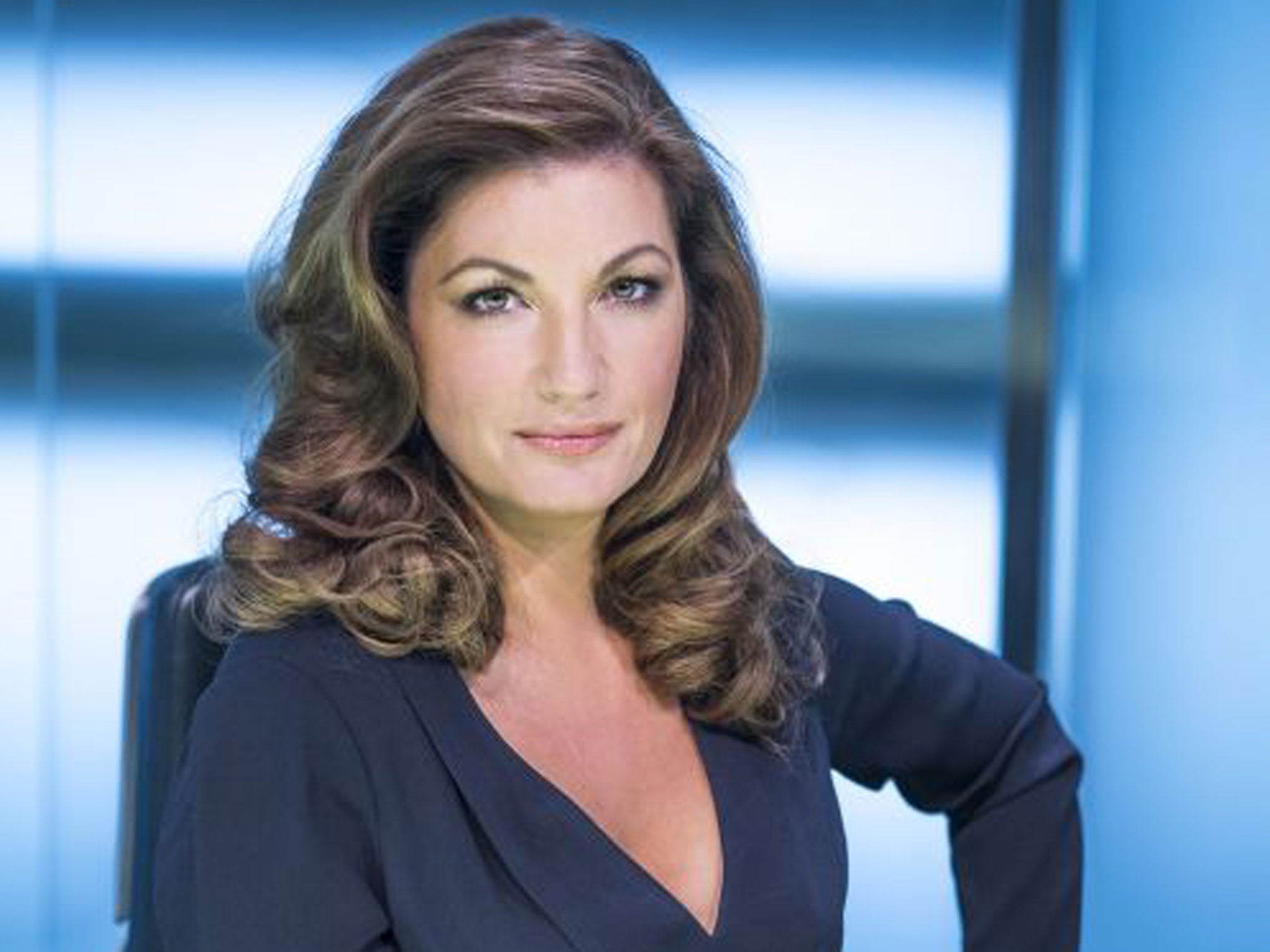Women making big strides to the top – but there's more to do

More women are on boards than ever before, but the UK's listed sector still has further to go to meet next year's target, it was revealed today.
Lord Davies of Abersoch's third annual progress report into Women on Boards yesterday revealed the FTSE 100 still needs a further 48 new women appointments to meet the 25 per cent target for 2015.
There are still two all-male boards on the FTSE 100 – miners Glencore Xstrata and Antofagasta – while on the FTSE 250 there remain 48 all-male boards.
The latest figures show progress has been made – women now account for 20.7 per cent of board positions in the FTSE 100 – up from 12.5 per cent in 2011.
Lord Davies, who first published his report in 2011, said: "The rate of change that we have seen at the heart of our biggest companies over the past three years has been impressive. The voluntary approach is working and companies have got the message that better-balanced boards bring real business benefits.
"However, the eyes of the world are on us as we enter the home straight. They are judging us as to whether the voluntary approach, rather than regulation, will work – we need now to prove we can do this on our own."
Last week a report called Cracking the Code from the 30% Club, which campaigns for 30 per cent women on FTSE 100 boards by 2015, found there were still major barriers for women to move into executive-level jobs and their target would not be met without drastic action.
Baroness Neville-Rolfe, former corporate affairs director at Tesco, who is a non-executive director at ITV, argued: "The issue is not just about women on boards; it concerns women in all parts of a business. "It is about unblocking the career pipeline and allowing women's talents to flourish."
She added: “We need to replace the tired old role models, many of them men, with women such as Karren Brady or the noble Baroness, Lady Lane-Fox, who is in her place. There is a lack of female role models, not only in the public eye but also in the workplace. Part of management training is for line managers to set a good example and be a good role model in their wider organisation.”
Lord Davies’ review was released in conjunction with Cranfield University School of Management’s Female FTSE Board report. The report highlights some companies that are leading the way in terms of the number of women at senior levels.
Drinks giant Diageo and outsourcer Capita were held up as leading examples – with 44.4 per cent female directors. The report also points out that 36 per cent of FTSE 100 companies have reached 25 per cent women representation.
Campaigners for forced quotas for women on boards stand by the argument that without forcing companies to make changes some companies, like Glencore Xstrata and Antofagasta, will not change.
The European Union last year issued a draft plan for boards to become two-fifths female by 2020 but the plan still needs the backing of EU members states.
The UK has used Lord Davies report as a target in place of quotas.
Business secretary Vince Cable said: “More needs to done to improve the number of women in executive positions. These will be the CEOs of tomorrow and businesses still aren’t tapping into the vast talent pool available to them.”
Subscribe to Independent Premium to bookmark this article
Want to bookmark your favourite articles and stories to read or reference later? Start your Independent Premium subscription today.

Join our commenting forum
Join thought-provoking conversations, follow other Independent readers and see their replies